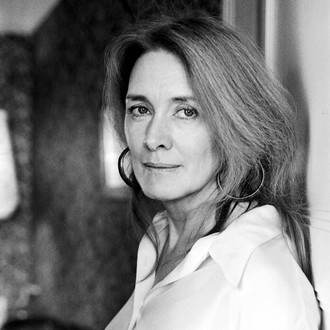Annie Ernaux was born in 1940 in Normandy. Her parents moved to Yvetot, where they kept a café and grocery shop in a working-class district of the town.
In 1974 Annie Ernaux published her first book, Cleaned Out, a fictionalized account of the illegal abortion she underwent in 1964, and her move from working-class to middle-class culture through education. In 1977 the family moved to Cergy-Pontoise, a new town in the Paris region. Ernaux eventually left secondary school teaching and took up a post at the Cned, Centre for Distance Education. She won both literary acclaim in the form of the Prix Renaudot, and a large readership with the publication of her account of her father’s life, A Man’s Place in 1983.
After her divorce in the early 1980s, Ernaux remained in her house in Cergy, where she lives to this day. In 2000 she retired from her teaching post, and devoted herself to writing, and in 2008 published The Years, considered by many to be her crowning achievement in terms both of its content and innovative form, intertwining personal and collective history over six decades. The success of this work was recognized by the award of the Marguerite Duras and the François Mauriac prizes, and the English translation shortlisted for the Man Booker prize International.
Her works overall have received the French language prize and the Marguerite Yourcenar prize, as well as publication of her almost complete works to date in the Quarto edition by Gallimard in 2011 (Ernaux is the first woman writer to be published in this series in her lifetime). In 2014 she was awarded an honorary doctorate by the University of Cergy-Pontoise. In October 2022, she was awarded the Nobel Prize in literature “for the courage and clinical acuity with which she uncovers the roots, estrangements and collective restraints of personal memory”.

